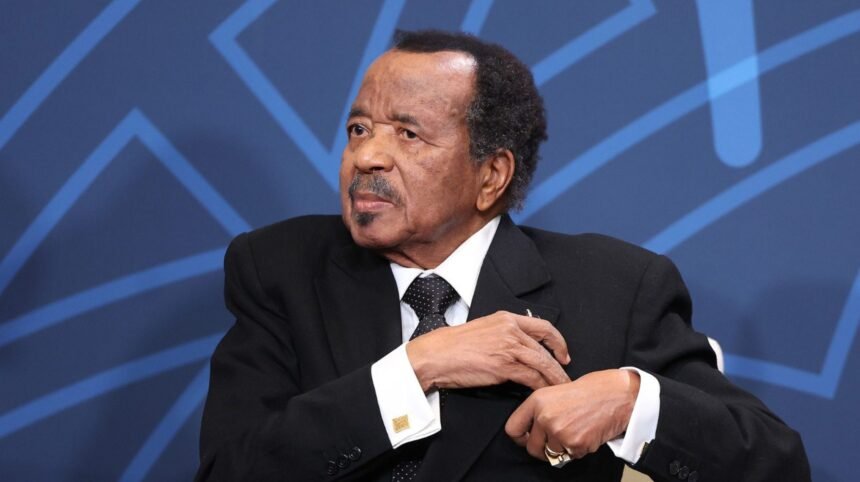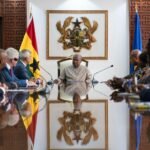Africa is the world’s youngest continent, with more than 60% of its population under 25. Yet, in many countries, power remains firmly in the hands of ageing leaders, some well into their 80s and even 90s. This disconnect raises a critical question: Should Africa impose a presidential age limit to ensure leadership remains dynamic, effective, and representative of its people?
Cameroon’s upcoming election has reignited this debate. President Paul Biya, 92, has been in power for 43 years and is seeking yet another term. If re-elected, he could rule until he is nearly 100. His candidacy, filed by proxy, has sparked frustration among many Cameroonians, particularly the youth, who feel excluded from political decision-making.
Biya’s supporters argue that his experience brings stability. However, critics point to his prolonged absences, health concerns, and a governance record marred by corruption allegations and economic stagnation. In 2018, he held his first cabinet meeting in over two years, raising questions about his engagement. He has also spent significant time abroad, sometimes a third of the year, while missing major national crises, such as a deadly train accident in 2016 and the violent suppression of Anglophone protests.
His government’s response to dissent has been heavy-handed. When rumours about his health circulated last year, authorities banned media discussion, framing it as a “national security” issue. Meanwhile, Cameroon faces escalating living costs, unemployment, and a separatist insurgency in English-speaking regions, problems that demand urgent, hands-on leadership.
Biya’s decision to run again has caused rifts even within his political circle. Former allies, including Issa Tchiroma Bakary and Bello Bouba Maigari, have broken away to contest the election independently. “A country cannot exist in the service of one man,” Tchiroma declared, promising reforms if elected.
But the deeper issue remains: should leaders in their 90s still govern nations where the median age is under 20? While some argue that age alone shouldn’t disqualify a leader, others believe that energy, adaptability, and long-term vision are essential qualities often associated with younger leaders.
Cameroon is not alone. Across Africa, long-serving leaders resist stepping down, often amending constitutions to extend their rule. This trend stifles political renewal and fuels disillusionment among the youth.
If Africa is to harness its demographic potential, it must ask: At what point does experience become stagnation? Should there be an age limit for presidents, or is term restriction enough? The answer may shape the continent’s future, either as a land of untapped youth potential or one held back by leaders who refuse to let go.
For now, Cameroon’s election will test whether change is possible or if the old guard will cling to power for years to come.










